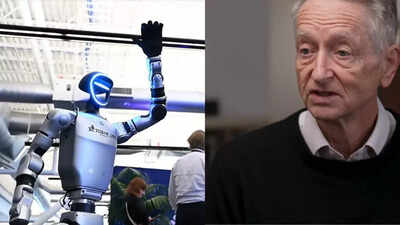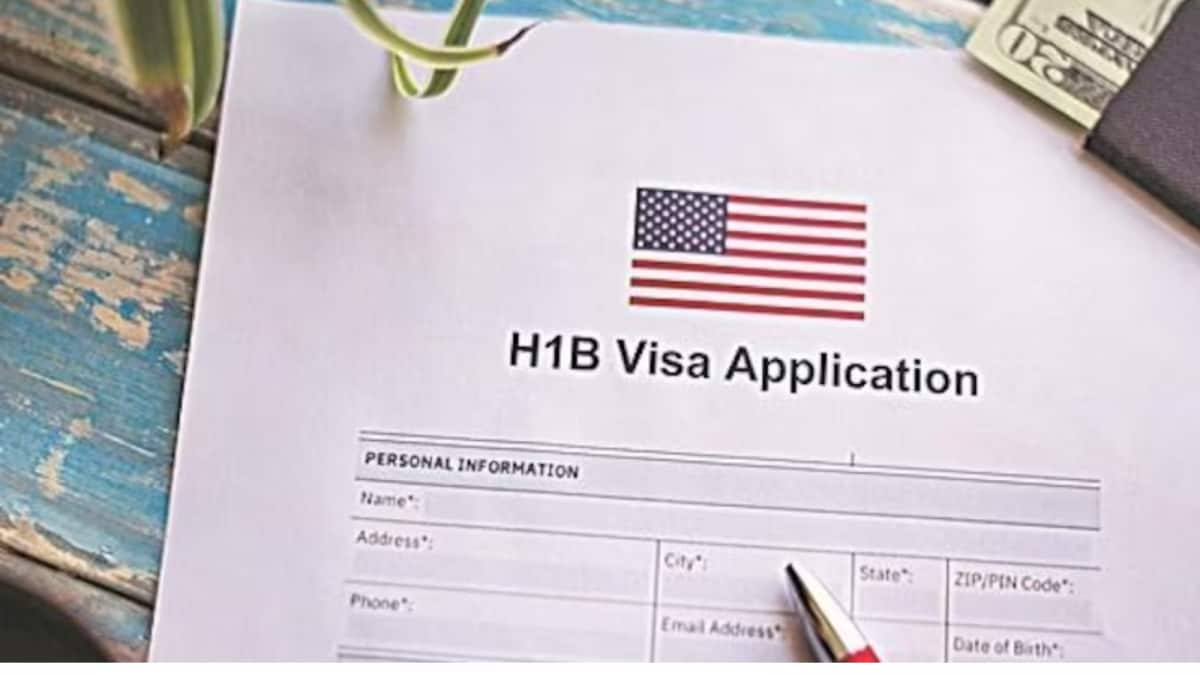ARTICLE AD BOX

Artificial intelligence (AI) is evolving rapidly, offering transformative possibilities across industries while simultaneously raising significant societal concerns. Geoffrey Hinton, widely known as the “Godfather of AI” and a Nobel Prize-winning expert in machine learning, has warned about the profound economic and ethical implications of this technology.
Hinton cautions that, as AI adoption accelerates, tech billionaires like Elon Musk could see substantial financial gains, while millions of workers risk losing their jobs to automation. He emphasises that the challenges lie not only in the technology itself but in how society is structured, highlighting the urgent need to address the social and economic impact of AI alongside its technological development.
Geoffrey Hinton warns AI risks extend beyond technology
In an interview with Bloomberg Wall Street, Hinton has repeatedly highlighted that AI is not inherently harmful, but its unchecked development can lead to major societal disruption.
He compares the potential dangers of AI to a “Chernobyl moment,” referring to the 1986 nuclear disaster in Ukraine that released lethal radiation and caused massive casualties. For Hinton, this analogy illustrates how technological progress, if not properly regulated, can create sudden and devastating consequences for society.He warns that the risks of AI extend beyond the technology itself and are deeply connected to the structure of society.
“The reason it’s bad is because of the way society’s organised,” Hinton explained. “Musk will get richer, and a lot of people will get unemployed, and Musk won’t care. I’m using Musk as a stand-in. This isn’t an AI problem; it’s a societal organisation problem.”
Tech giants push AI growth, not safety
One of Hinton’s primary concerns is that the rapid development of AI is being driven by corporate greed rather than public interest or safety. Tech giants are investing heavily in AI infrastructure to gain a competitive edge, often prioritising profits over ethical considerations.The four major AI hyperscalers: Microsoft, Meta, Alphabet, and Amazon are projected to increase their combined capital expenditure from $360 billion this fiscal year to $420 billion next year. OpenAI alone has announced partnerships and infrastructure deals valued at $1 trillion with companies such as Nvidia, Broadcom, and Oracle. These figures highlight the immense financial stakes tied to AI, which Hinton believes incentivise job replacement over societal well-being.
Automation and AI threaten employment
Hinton predicts that large-scale AI adoption will inevitably lead to widespread job losses. He argues that corporations cannot achieve maximum profit without replacing human labour with AI-driven systems. Recent evidence supports this concern. For example, job openings have dropped by approximately 30% since the launch of OpenAI’s ChatGPT, especially in entry-level positions.Amazon’s announcement of 14,000 layoffs, predominantly in middle management, further illustrates this trend.
While CEO Andy Jassy attributed the decision to “culture,” an internal memo predicted a leaner workforce as the company implements efficiency gains through extensive AI deployment. Hinton’s warnings suggest that this pattern of AI-driven unemployment is likely to accelerate as corporations continue investing in automation technologies.
Potential benefits of AI
Despite the risks, Hinton acknowledges that AI has the potential to deliver significant societal benefits.
In healthcare, AI can enhance diagnostic accuracy, accelerate drug discovery, and improve patient outcomes. In education, AI-driven platforms can personalise learning experiences and broaden access to quality instruction.Hinton stresses that the challenge lies in balancing these benefits against the risks of social inequality and mass unemployment. “It’s a difficult decision because it can do tremendous good too,” he said.
“Increasing productivity in many industries should be beneficial, but society must manage these changes to prevent vast numbers of people from being left behind.”
Need for regulation and careful planning in AI
When asked whether he would halt AI development altogether if possible, Hinton expressed uncertainty. “I don’t know… it’s not like nuclear weapons, which are only good for bad things,” he remarked. This highlights the complex ethical considerations surrounding AI: it is neither entirely harmful nor entirely beneficial.
Policymakers, industry leaders, and society must navigate a delicate balance between innovation and safety.Hinton’s insights underscore the need for thoughtful regulation and societal planning to ensure that AI technologies enhance human well-being rather than exacerbate inequality and unemployment. The rise of AI presents both extraordinary opportunities and serious risks. While billionaires like Elon Musk may see unprecedented financial gains, millions of workers risk displacement. Also Read | Virgin Media O2 partners with Starlink to bring satellite mobile coverage and improve rural connectivity in the UK

 5 hours ago
5
5 hours ago
5









 English (US) ·
English (US) ·